Maintaining healthy and lustrous hair is a common goal for many individuals. However, one of the most common challenges faced by both men and women is dealing with hair greasiness.
Excess oil production by the scalp can make the hair appear dull, flat, and unappealing.
But fear not! With these 15 natural hair care tips, you can effectively combat greasiness and achieve the gorgeous hair you’ve always desired.
Busy? Save this pin for later.
Shampoo Regularly, but Not Excessively
Regular shampooing is crucial for keeping your hair clean and free from excess oil. However, over-washing can strip the scalp of its natural oils, leading to increased oil production. Aim to wash your hair every other day or three times a week to strike the right balance.
- When shampooing, focus on massaging the scalp to stimulate blood circulation and remove any build-up.
- Use a gentle, sulfate-free shampoo to avoid stripping the hair of its natural oils.
- Avoid vigorous scrubbing, as it can irritate the scalp and trigger more oil production.
You Might Also Like: Hair Care Tips For Volume
Choose the Right Shampoo
Opt for a clarifying shampoo specifically designed for oily hair. Look for products that contain ingredients like tea tree oil, lemon, or witch hazel, as they possess natural astringent properties that help control oiliness.
- Tea tree oil has antibacterial properties that can help combat scalp issues and reduce oiliness.
- Lemon acts as a natural cleanser and removes excess oil without drying out the scalp.
- Witch hazel tightens the pores on the scalp, reducing oil production and preventing greasiness.
You Might Also Like: Effective Hair Care Tips For Preventing Hair Loss Naturally
Avoid Hot Water
When washing your hair, use lukewarm or cool water instead of hot water. Hot water can stimulate the sebaceous glands, triggering excessive oil production. Cooler temperatures help to maintain the natural oils and prevent your scalp from becoming greasy.
- Coldwater rinses can help to seal the cuticles, making the hair appear smoother and shinier.
- Lukewarm water is ideal for washing the scalp thoroughly without stripping away the natural oils.
- If you can’t resist a hot shower, try to rinse your hair separately with cool water afterward to close the cuticles.
You Might Also Like: Hair Care Tips For Preventing Hair Tangles Naturally
Use Apple Cider Vinegar Rinse
Apple cider vinegar (ACV) has been hailed for its numerous benefits, including its ability to balance the scalp’s pH level. Dilute ACV with water and apply it as a final rinse after shampooing. This will help remove build-up, reduce greasiness, and restore the scalp’s natural balance.
- ACV helps to remove product residue and excess oil, leaving the hair feeling refreshed and less greasy.
- Its acidic nature helps to restore the pH balance of the scalp, preventing overproduction of oil.
- The antibacterial properties of ACV can also prevent scalp infections, which can contribute to greasiness.
You Might Also Like: Hair Care Tips For Preventing Hair Fading Color Naturally
Embrace Dry Shampoo
Dry shampoo is a fantastic tool for those who want to extend the time between washes. It absorbs excess oil, adds volume, and leaves your hair looking fresh. Apply dry shampoo to your roots, massage it in, and brush it through for best results.
- Dry shampoo comes in various forms, such as powders and sprays. Choose the one that suits your hair type and preference.
- Apply dry shampoo to the roots before your hair becomes greasy to prevent excessive oil build-up.
- Use a brush or your fingertips to distribute the dry shampoo evenly and remove any visible residue.
You Might Also Like: Hair Care Tips For Preventing Hair Damage Naturally
Avoid Over-Brushing
Brushing your hair excessively can stimulate oil production and distribute it throughout your hair. Instead, brush your hair gently and in moderation to prevent the spread of oil from the scalp to the hair strands.
- Use a wide-toothed comb or a brush with natural bristles to minimize friction and prevent oil from being spread.
- Avoid brushing your hair when it’s wet, as it is more prone to damage and breakage.
- Focus on detangling the ends first and work your way up to the roots to avoid unnecessary oil distribution.
You Might Also Like: Hair Care Tips For Preventing Hair Damage
Choose the Right Hairbrush
Opt for a boar bristle brush or a wide-toothed comb when dealing with greasy hair. These tools help distribute natural oils from the scalp to the hair, preventing excessive oiliness while maintaining hair health.
- Boar bristle brushes are known for their ability to distribute sebum from the scalp to the hair shafts, keeping them moisturized and reducing greasiness.
- Wide-toothed combs are gentle on the hair and prevent tugging, which can lead to oil stimulation.
- Avoid using plastic brushes or fine-toothed combs, as they can create static and make your hair appear greasier.
You Might Also Like: Hair Care Tips For Split Ends
Skip Heavy Conditioners
Avoid using heavy, oil-based conditioners that can weigh down your hair and make it look greasier. Instead, opt for lightweight, volumizing conditioners that won’t contribute to the oiliness.
- Look for conditioners labeled as “lightweight,” “oil-free,” or “volumizing” to ensure they don’t add extra weight to your hair.
- Apply conditioner only to the ends of your hair, avoiding the roots and scalp.
- Rinse the conditioner thoroughly to prevent any residue that can contribute to greasiness.
You Might Also Like: Hair Care Tips For Oily Hair
Focus on Conditioning the Ends
When applying conditioner, focus on the mid-lengths to ends of your hair, as these are the parts that truly require moisture. Avoid applying conditioner on the scalp, as it can exacerbate greasiness.
- Apply a small amount of conditioner to the palm of your hand and distribute it evenly through the ends of your hair.
- Use your fingers or a wide-toothed comb to gently comb the conditioner through the strands, ensuring even coverage.
- Leave the conditioner on for a couple of minutes before rinsing thoroughly with cool water.
You Might Also Like: Hair Care Tips For Black Hair
Rinse Thoroughly
Ensure you rinse your hair thoroughly after shampooing and conditioning to remove all product residue. Any leftover residue can contribute to greasiness and make your hair appear oilier.
- Spend an extra minute rinsing your hair under cool water to ensure all the shampoo and conditioner are washed out.
- Run your fingers through your hair while rinsing to help remove any remaining residue.
- Avoid using hot water during the rinsing process, as it can stimulate oil production.
You Might Also Like: Hair Care Tips For Women
Limit Heat Styling
Excessive heat styling can strip your hair of its natural oils, leading to increased oil production. Minimize the use of hot tools like flat irons and curling irons, and embrace your natural hair texture whenever possible.
- Allow your hair to air dry instead of using a blow dryer whenever feasible.
- If you must use heat styling tools, apply a heat protectant spray to minimize damage and oil stimulation.
- Try incorporating heatless hairstyling techniques like braiding, twisting, or using foam rollers to achieve the desired look without heat.
You Might Also Like: Hair Care Tips For Damaged Hair
Choose the Right Hairstyles
Avoid hairstyles that keep your hair in constant contact with your face and scalp, as this can transfer oil and lead to greasiness. Opt for updos, braids, or buns to keep your hair away from your face and minimize oil transfer.
- Pulling your hair away from your face prevents contact with the skin, reducing oil transfer.
- Secure your updo or braid with hair-friendly accessories like scrunchies or hairpins to avoid damaging your hair.
- Avoid tight hairstyles that can stimulate oil production and cause discomfort.
You Might Also Like: Hair Care Tips For Dry Hair
Use Talcum Powder
If you’re in a pinch and don’t have dry shampoo on hand, talcum powder can serve as a great alternative. Sprinkle a small amount onto your roots, massage it in, and brush it out to absorb excess oil.
- Talcum powder has oil-absorbing properties that can help reduce greasiness.
- Use a makeup brush or a clean powder puff to apply the talcum powder to your roots.
- Make sure to blend the powder properly to avoid visible white residue.
You Might Also Like: 12 Hair Care Tips For Curly Hair
Eat a Balanced Diet
A healthy diet plays a significant role in hair health. Incorporate foods rich in vitamins A, E, and B, zinc, and omega-3 fatty acids, such as leafy greens, nuts, fish, and eggs. These nutrients nourish your hair and help regulate oil production.
- Vitamin A promotes a healthy scalp and prevents excessive oil production.
- Vitamin E is an antioxidant that helps protect the hair follicles and maintain scalp health.
- B vitamins, particularly biotin, support hair growth and regulate the production of sebum.
You Might Also Like: Intermittent Fasting and Hair Growth: Is there a Connection?
Hydrate and Destress
Dehydration and stress can contribute to an imbalanced scalp, triggering excessive oil production. Ensure you drink an adequate amount of water daily to keep your body hydrated. Additionally, practice stress-relieving activities such as yoga, meditation, or indulging in hobbies to promote overall hair health.
- Drinking enough water helps to flush out toxins from the body, including those that can impact the health of your scalp and hair.
- Stress-relieving activities can improve blood circulation to the scalp and reduce stress hormones that can affect oil production.
- Prioritize self-care and relaxation to maintain a healthy scalp and prevent greasiness.
By following these hair care tips for preventing hair greasiness naturally, you can effectively combat greasiness and achieve vibrant, healthy hair. Remember, consistency is key, so incorporate these practices into your routine for long-term results. Embrace your beautiful locks and say goodbye to greasy hair days!
You Might Also Like: 8 Natural Remedies for Repairing Damaged Hair at Home Easily
FAQ
1. How often should I shampoo my hair to prevent greasiness?
Regular shampooing is important, but excessive washing can strip the scalp of its natural oils. Aim to wash your hair every other day or three times a week to strike the right balance.
2. What ingredients should I look for in a shampoo for greasy hair?
Opt for a clarifying shampoo that contains ingredients like tea tree oil, lemon, or witch hazel. These natural astringents help control oiliness and reduce greasiness.
3. Does hot water contribute to greasiness?
Yes, hot water can stimulate the sebaceous glands and trigger excessive oil production. Use lukewarm or cool water when washing your hair to maintain the natural oils and prevent greasiness.
4. How can apple cider vinegar help with greasy hair?
Apple cider vinegar (ACV) can help balance the scalp’s pH level, remove build-up, and reduce greasiness. Dilute ACV with water and use it as a final rinse after shampooing to restore the scalp’s natural balance.
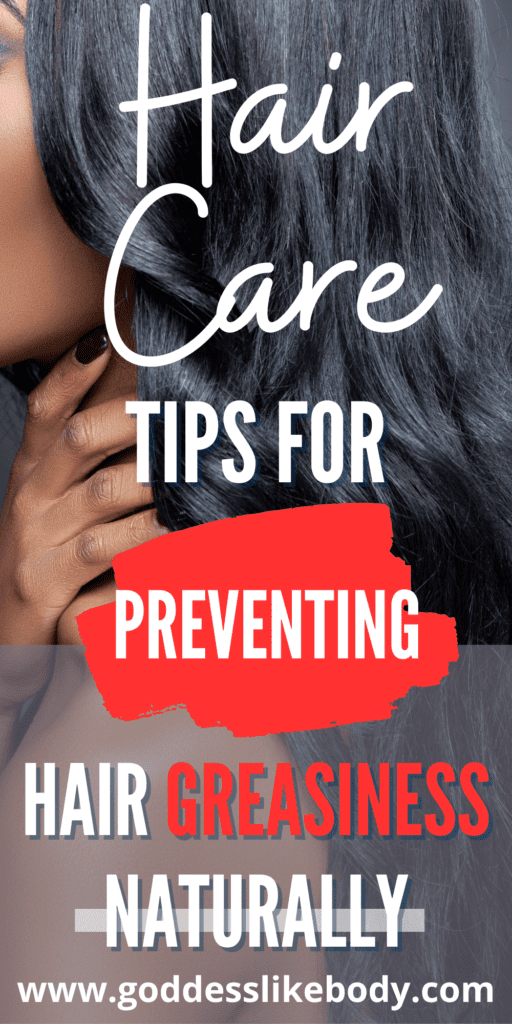
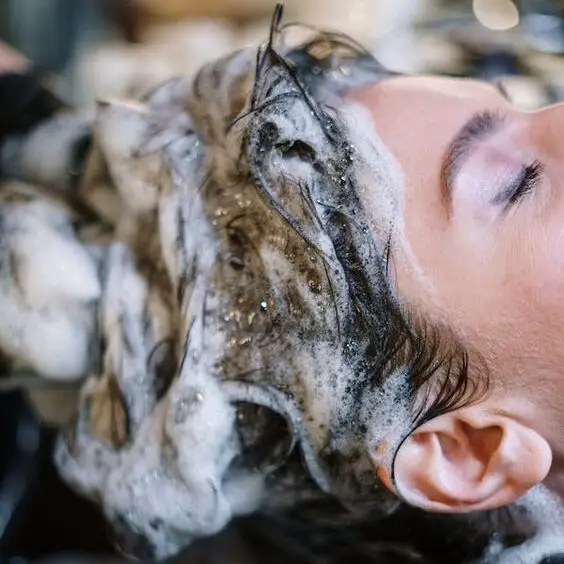
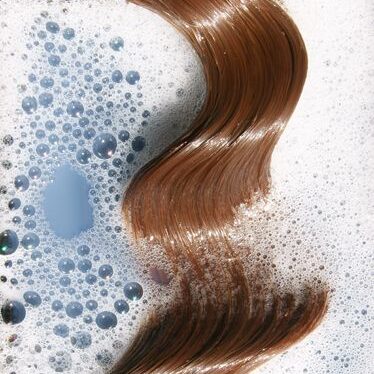
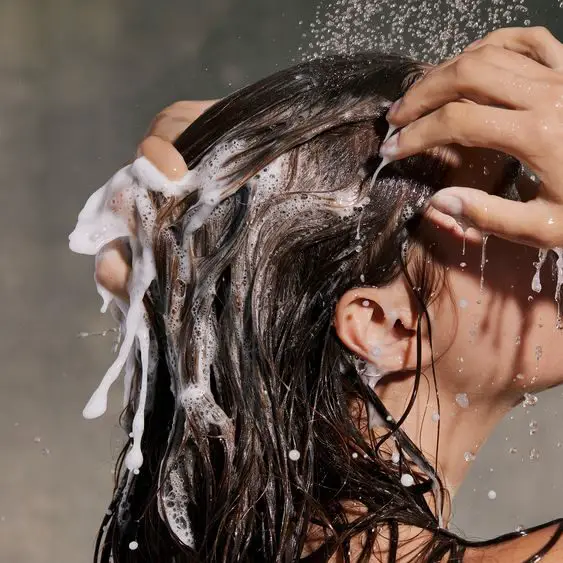
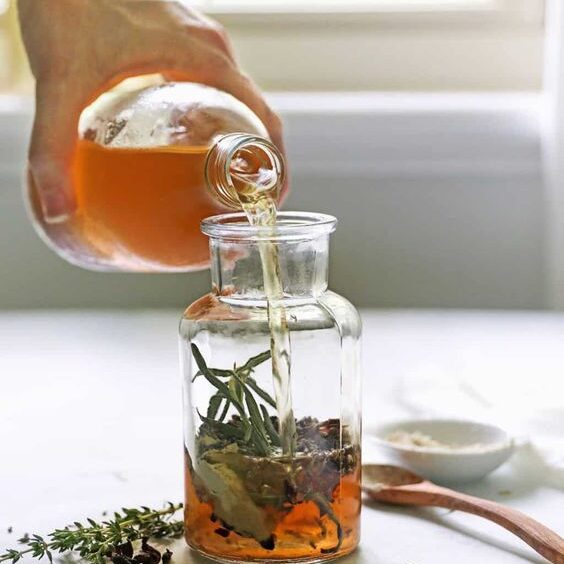
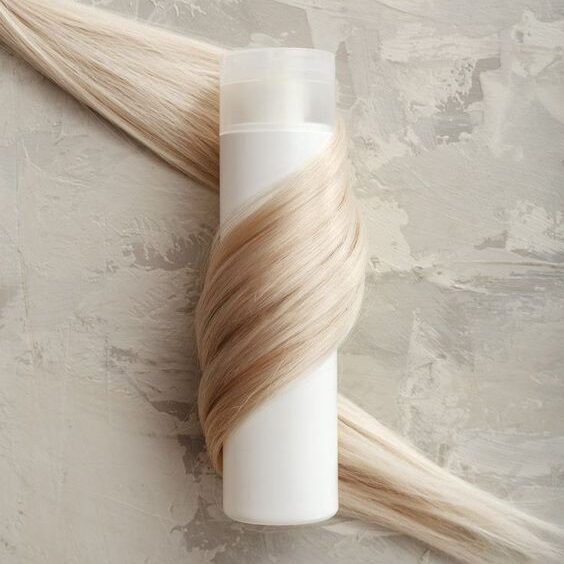

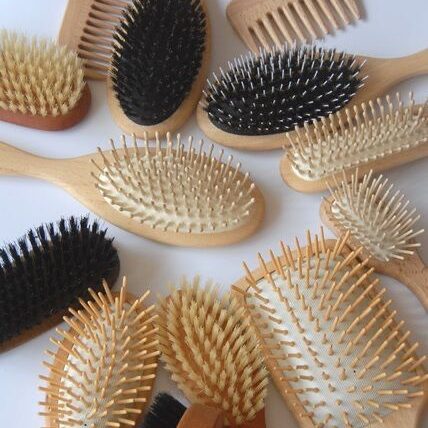
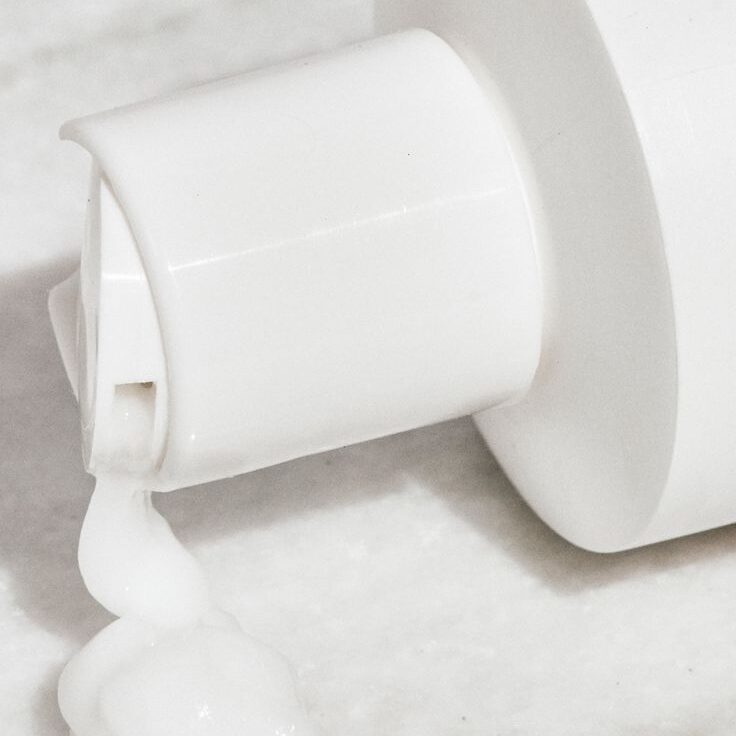
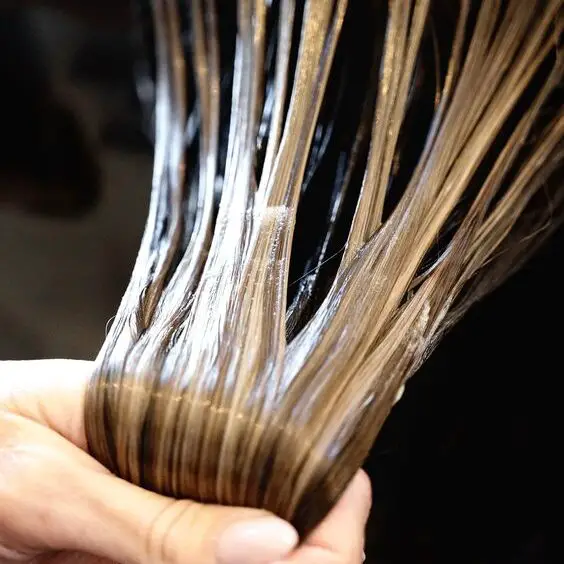
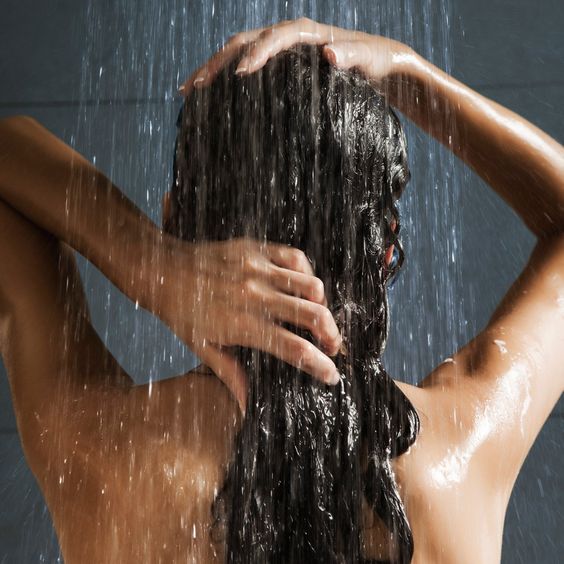
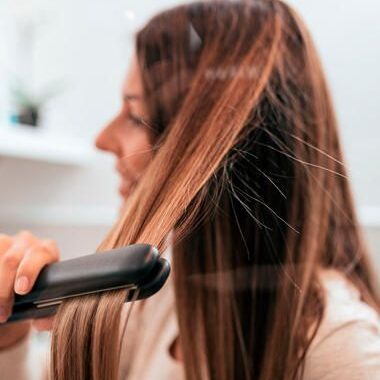
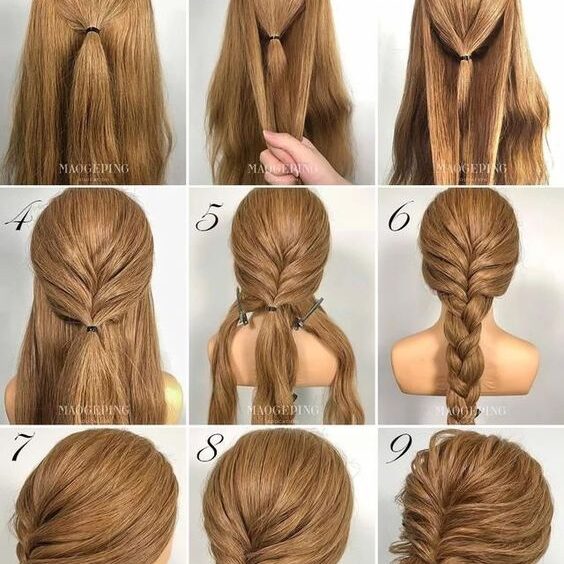


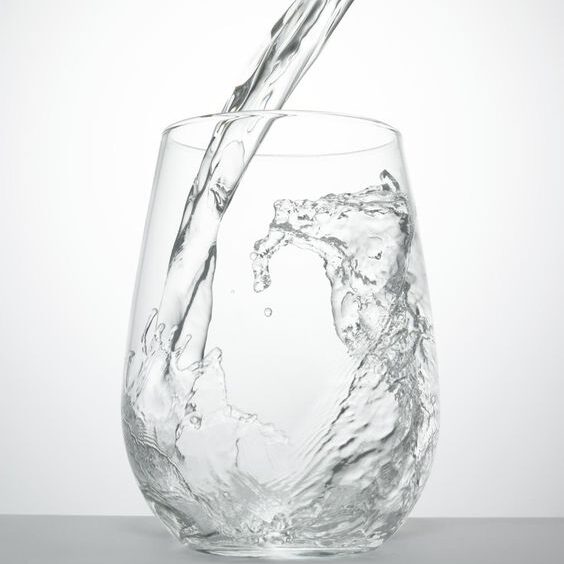
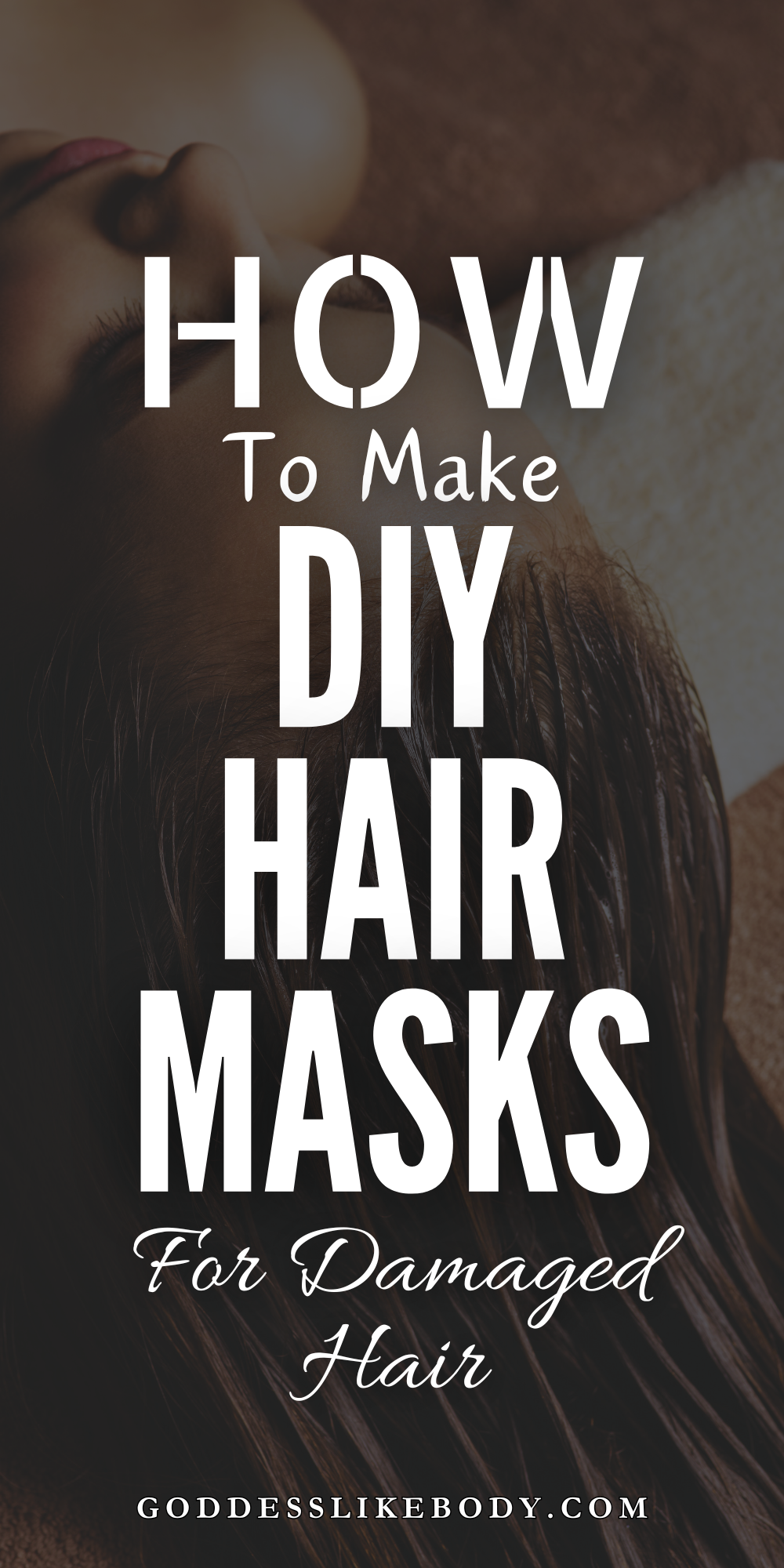
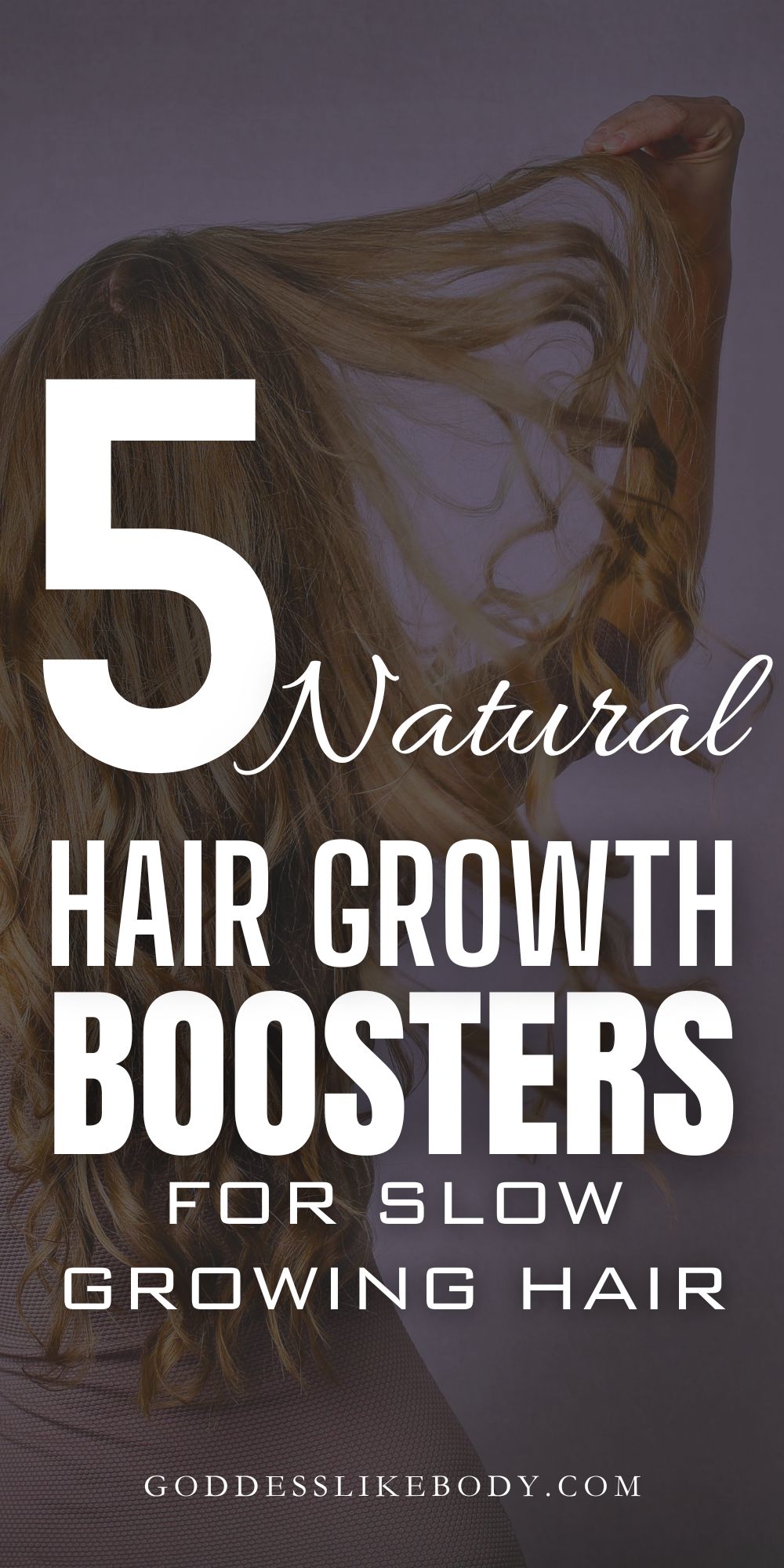
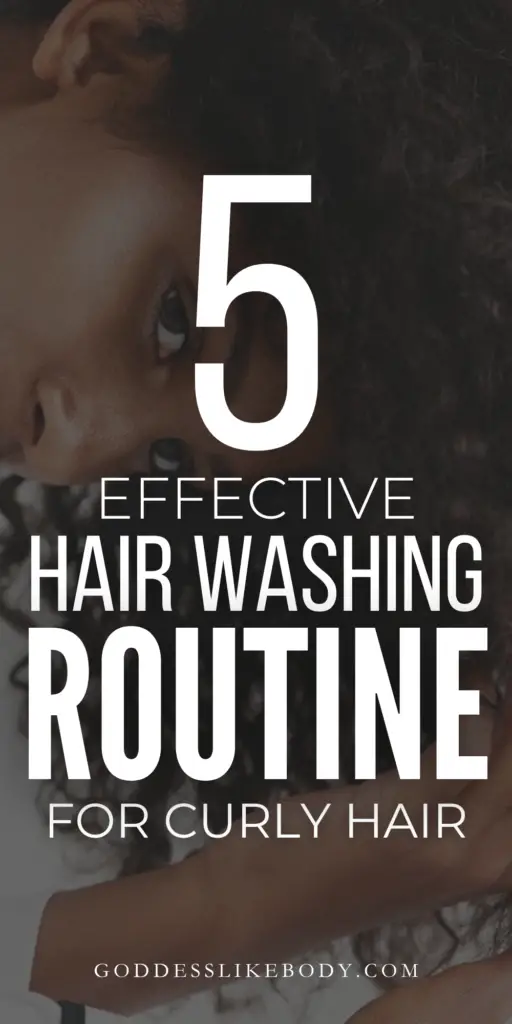
Leave a Reply